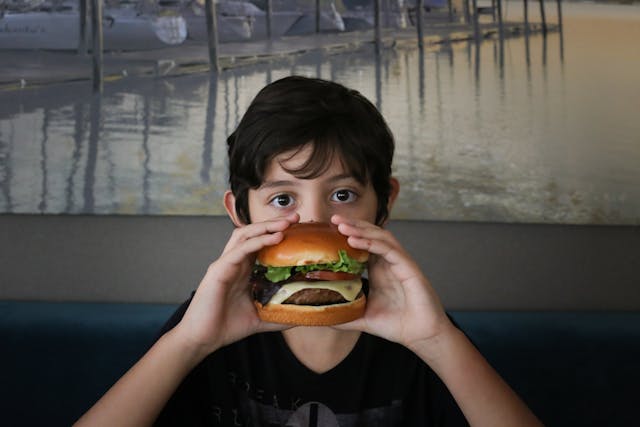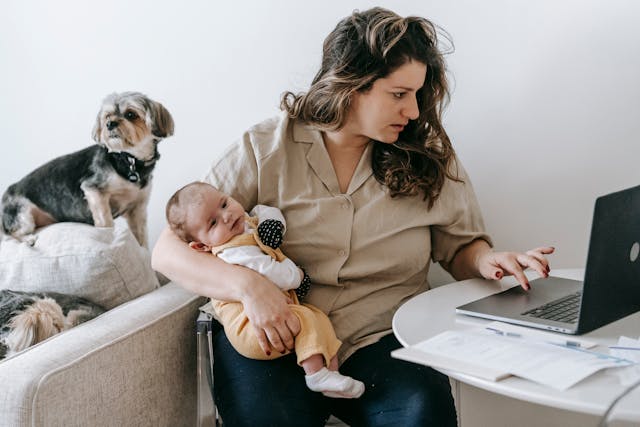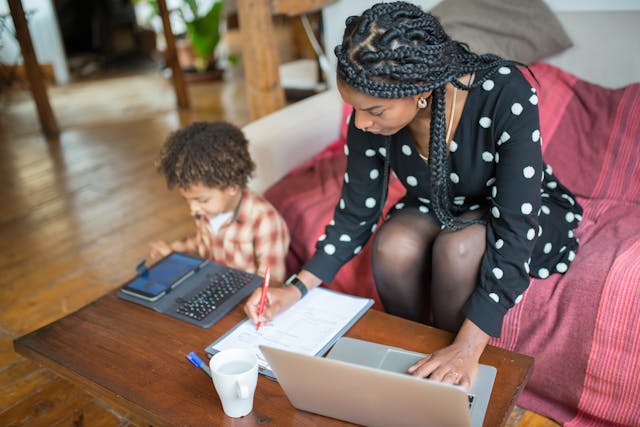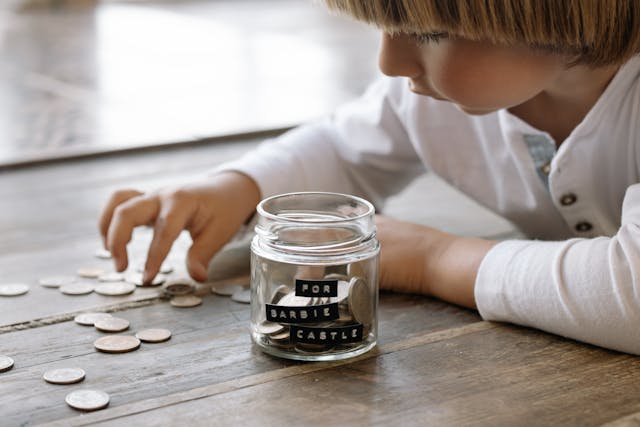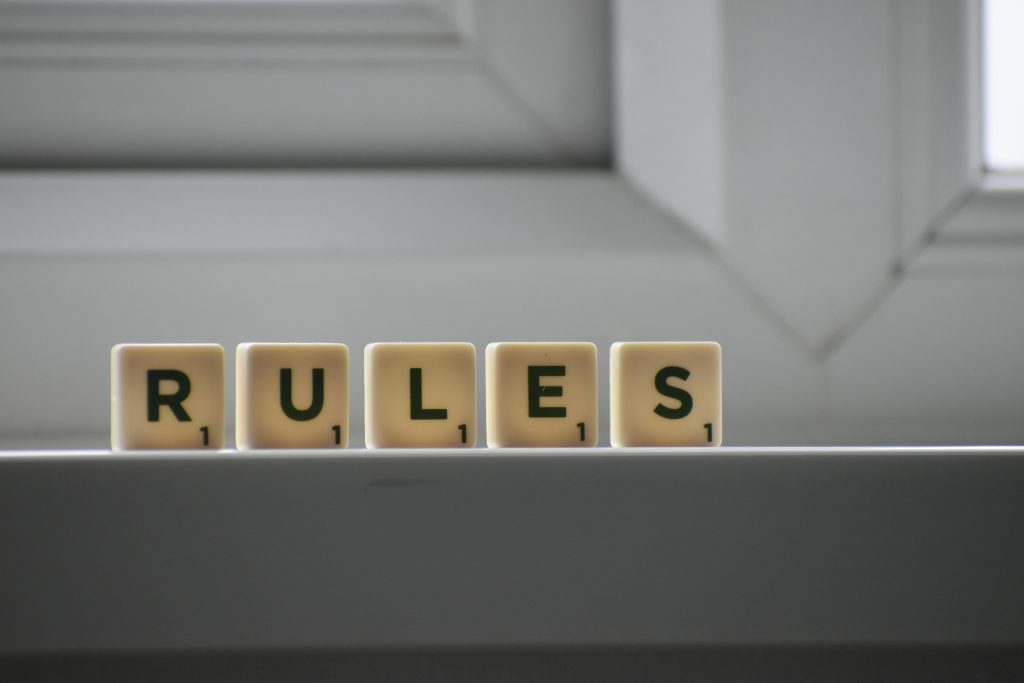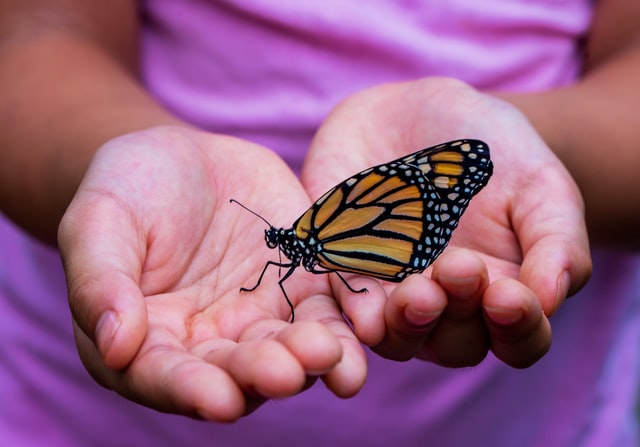
As parents, we all want to give our children the best lives possible. If you didn’t have a lot growing up, you probably don’t want your kids to experience the disappointment of going without. However, it’s important not to go overboard and make irresponsible purchases for your children. Kids don’t need luxuries like designer goods or in-app purchases to thrive. In fact, overindulging your kids can spoil them and make them less grateful. Here are 8 irresponsible purchases you should consider skipping.
1. Designer Goods

If your child doesn’t wear a uniform to school, he or she may feel pressure to keep up with other kids and wear designer clothes. Your kids probably think they need to rock Air Jordan sneakers or expensive Lululemon gear to become popular.
But buying your children pricey clothes is teaching them the wrong lesson—that they have to dress to impress to be accepted. It may be better to skip this irresponsible purchase and tell your kids that they have great personalities, regardless of what they’re wearing.
2. In-App Purchases

Many games that are popular with kids, including Roblox and Fortnite, allow kids to make in-app purchases to upgrade their character. These digital points can be surprisingly pricey. According to Statista, 40% of families spend between $10 and $100 per month on in-app purchases.
Although gaming can boost creative expression, it’s important to limit your child’s screen time and in-app purchases. Games can feel real to kids and become kind of addictive. If your child has trouble putting the controller down when asked or makes excessive in-app purchases, it’s probably time to cut back on screens.
3. iPhones

iPhones tend to be very expensive, especially if you purchase a brand new one from Apple. For example, the iPhone 16 Pro model starts at about $999. Kids are often more likely to lose or mistreat their belongings than adults.
If your child is getting their first phone, it may be better to start with a cheaper brand while they learn digital responsibility. Once they prove that they can handle their new device, you could discuss upgrading their phone as a Christmas or birthday gift. Or better yet, ask your child to contribute some of their savings to the purchase price of the phone.
4. Junk Food

Kids of all ages love sugary snacks and junk food. Your kids probably beg for treats like soda and cereal at the store. Although it’s tempting to give in, holding firm can help safeguard your children’s health.
We all know that kids would eat a big bowl of ice cream for dinner if allowed. But they usually don’t understand the negative consequences of eating too much junk food, such as lack of energy, poor academic performance, and weight gain. Even if your kids don’t like vegetables, it’s important to keep serving them a balanced diet to set them up for success.
5. Pets

Pets can teach children responsibility, but parents often end up doing all of the work. Kids who swear they’ll walk the dog before you adopt them often stop after a few weeks when the novelty starts to wear off. While there is no shortage of child-appropriate pets, from dogs and cats to fish, gerbils, and small reptiles, each come with their own unique needs.
When looking at adding a pet to your family, make sure you think about which type of pet will fit with your family’s lifestyle the best. While fish aren’t snuggly or playful in the same way a dog is, they also need much less active care and attention, making them a better fit for families who are out of the house most of the day.
6. Beauty Products

Children have become enamored with beauty products after seeing them on social media. Kids as young as six have skincare routines, even though all they need is a gentle soap or lotion at most.
Children have thinner, more sensitive skin than adults, so using these “anti-aging” or “brightening” products can cause facial irritation and breakouts. Allowing your kids to use makeup at a young age can also cause skin issues like rashes and redness.
7. Too Many Toys

If your kids ask for new toys constantly and you always say yes, you’ll amass a giant pile of action figures. Plus, when kids have too many toys, they may get overwhelmed and have a hard time playing with everything. Being mindful of the requests you say “yes” to can help you avoid this problem.
Try to opt for items that offer high replayability value and are different from ones your child already has. Kids get lots of toys for birthdays and holidays, so refrain from buying them anything new as those dates approach.
8. Huge, Expensive Birthday Parties

Do you remember watching My Super Sweet 16 growing up? The teens on the show had generous parents who threw them huge parties and gave them lavish gifts. However, many of the teens seemed dissatisfied and entitled.
Although you want to celebrate your child on their birthday, spoiling them with over-the-top parties and presents may not be the right approach. Going overboard and splurging on balloon arches and pony rides could give your kids unrealistic expectations and make them less grateful overall.
Is there anything you won’t buy for your kids for their own good? Share your thoughts in the comments.
Read More:
Should People Be Fined for Having Too Many Kids?
Do You Need Kids To Live a “Fulfilled” Life?

Vicky Monroe is a freelance personal finance writer who enjoys learning about and discussing the psychology of money. In her free time, she loves to cook and tackle DIY projects.
























